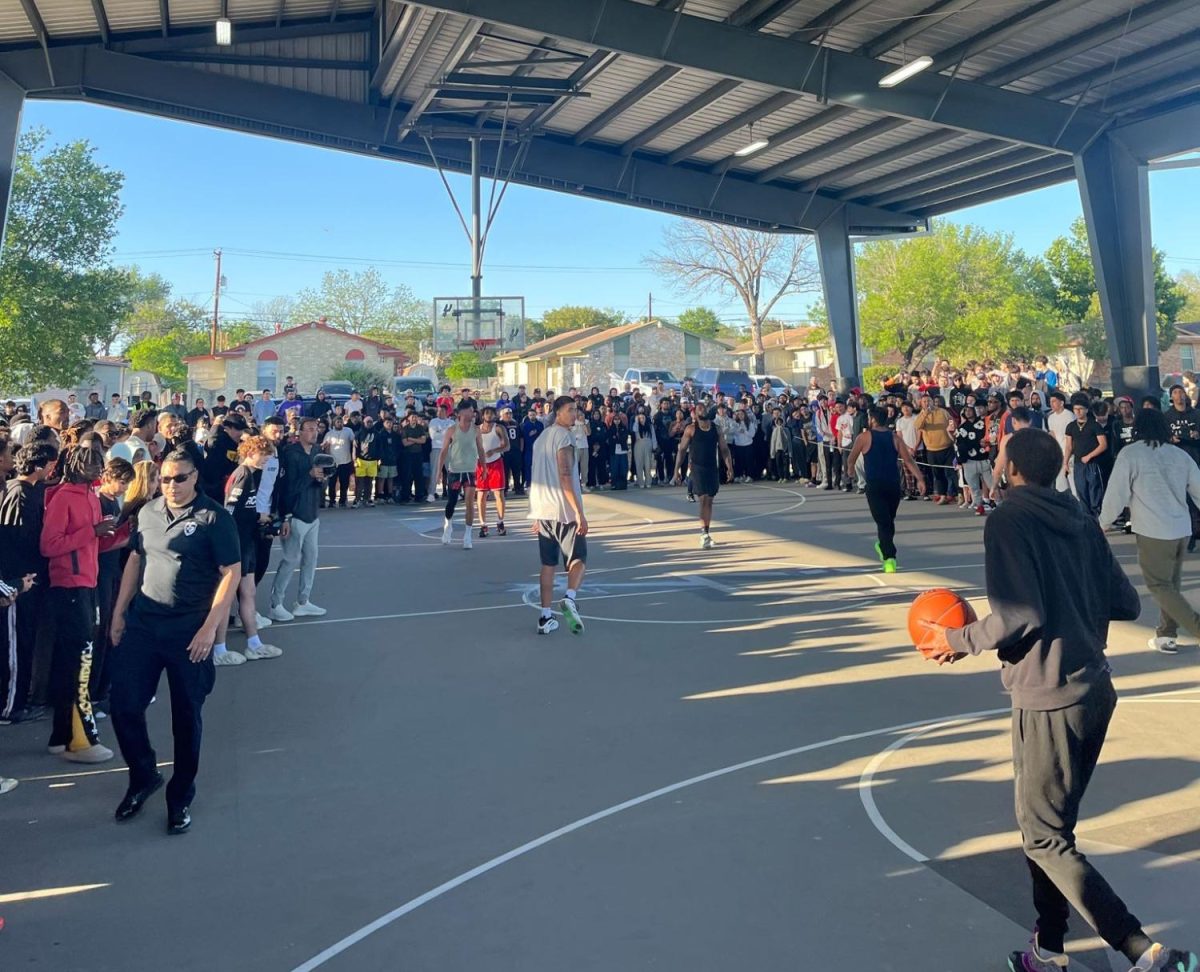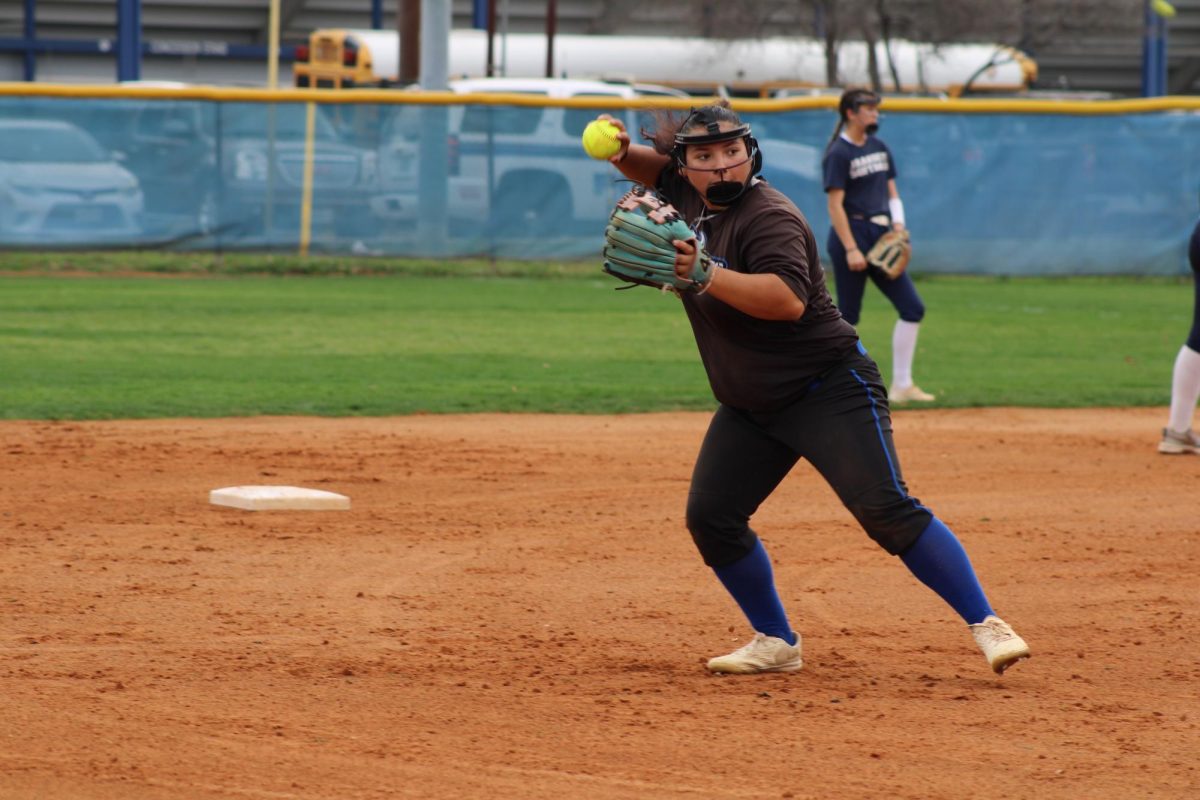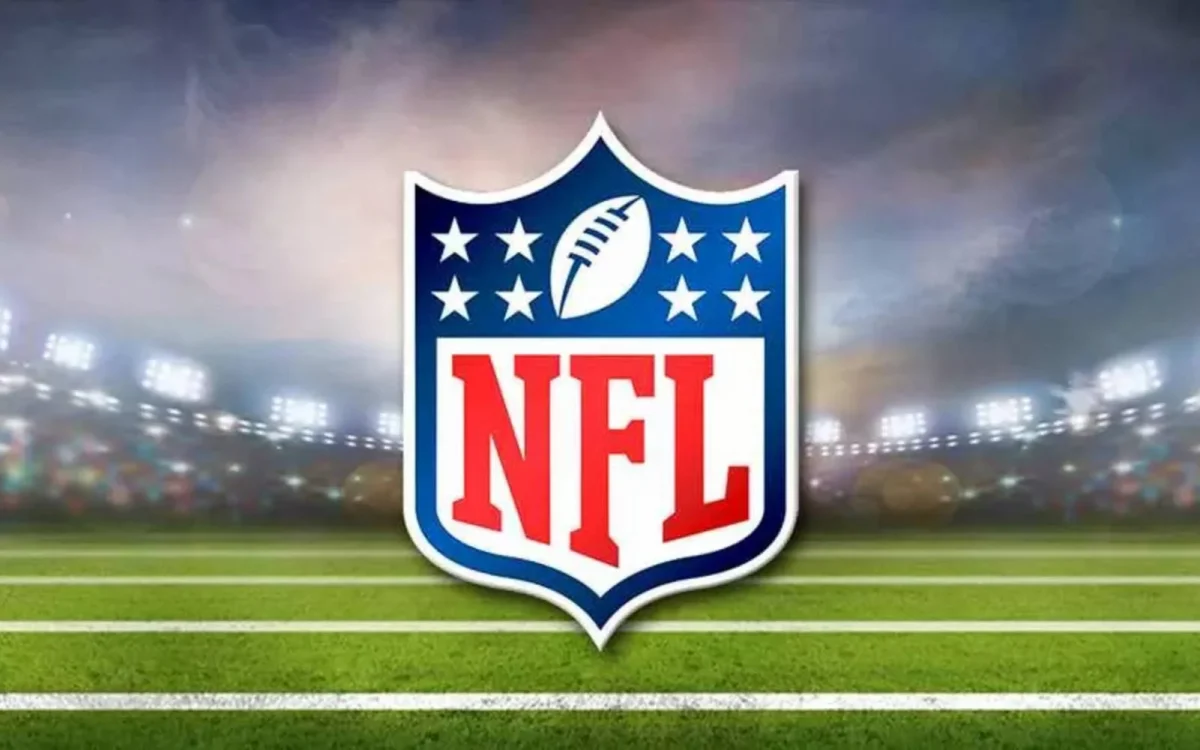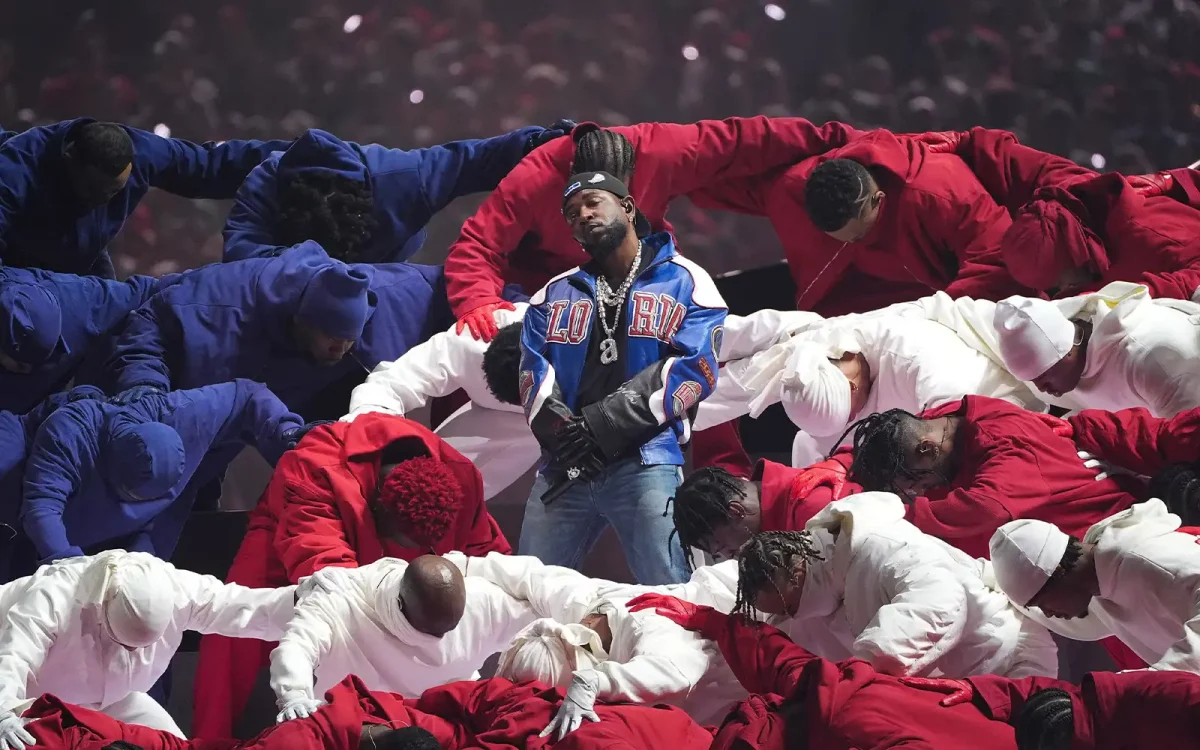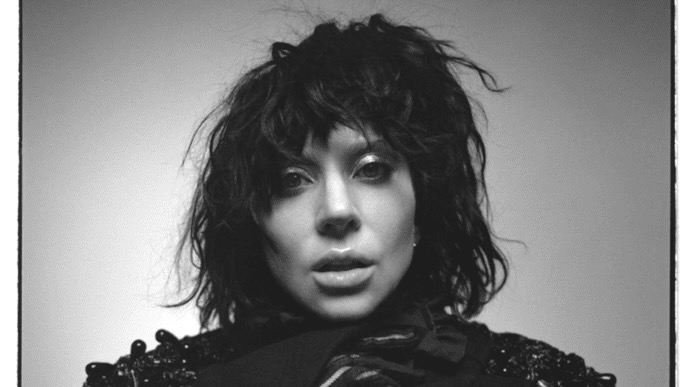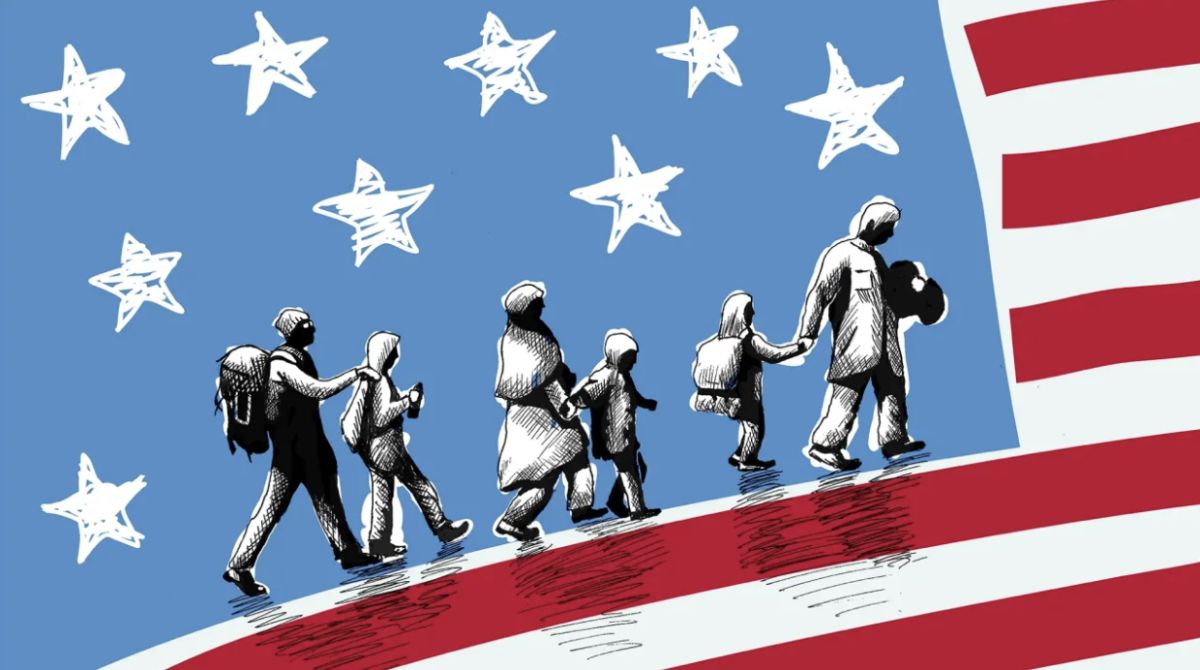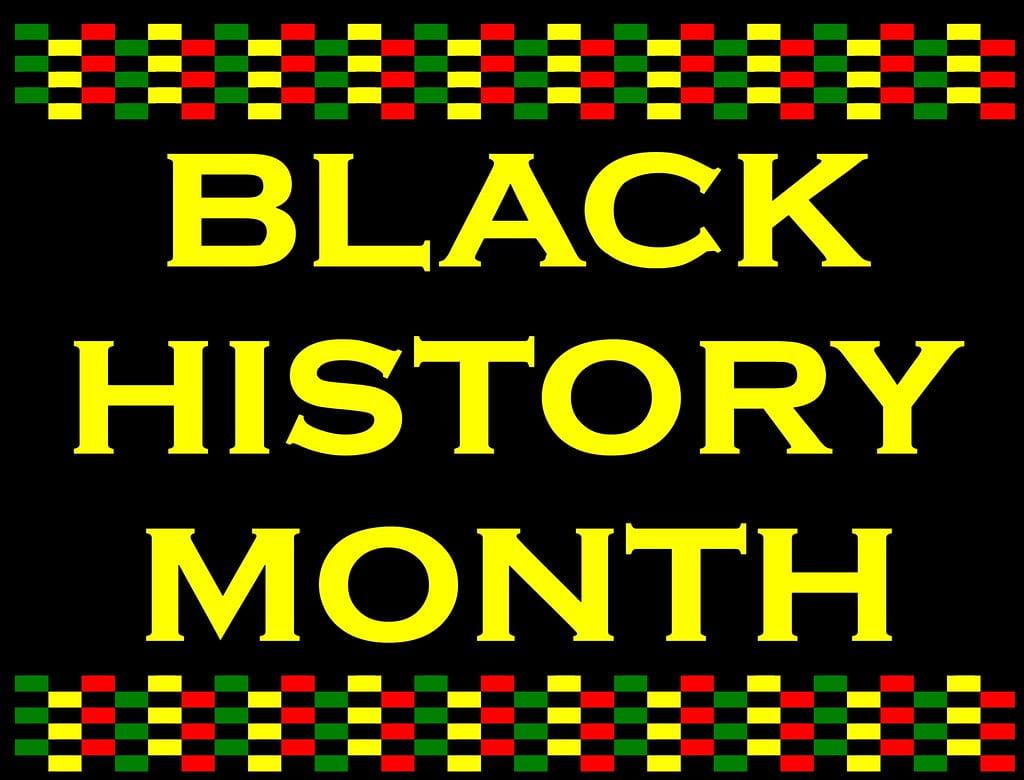With the country spreading information about significant Black figures of history, Black History Month is underway. The schools themselves are incorporating lessons that pertain to the month. African-American studies teacher Adam Compton has made his own observations about how the month has changed throughout the years he’s not only taught, but lived through.
“I think it’s become much more present, much more wide-spread, much louder, but I also think it’s become a lot more nuanced in the sense that in my younger memory it was like ‘Oh, we’re going to hear about Martin Luther King and Rosa Parks for a month’,” African-American studies teacher Adam Compton said.
Misconceptions are things that people get wrong or have a false idea of, and it seems to be a common thing around not only Black History Month, but Black history in general.
“There’s these elements of the narrative about the way people made a way in spite of, I think much of America goes unaware of those, and I would even wonder how much of Black America goes unaware of the history behind those things,” Compton said.
What a lot of people don’t realize is that African-Americans have been fighting for their born-give rights for a lot longer than what’s portrayed and what we are taught. The history of these fights have many more complex nuances.
“We don’t tend to think of civil rights activity until at least maybe the abolitionist movement with a Fredrick Dougulas type character, let alone the mid twentieth century civil rights movements. So to understand how those things were done even as far back as the seventeen hundreds and early eighteen hundreds I think it’s important to just recognize it’s not like, people just got up and started resisting, there was resistance throughout.” Compton said.




